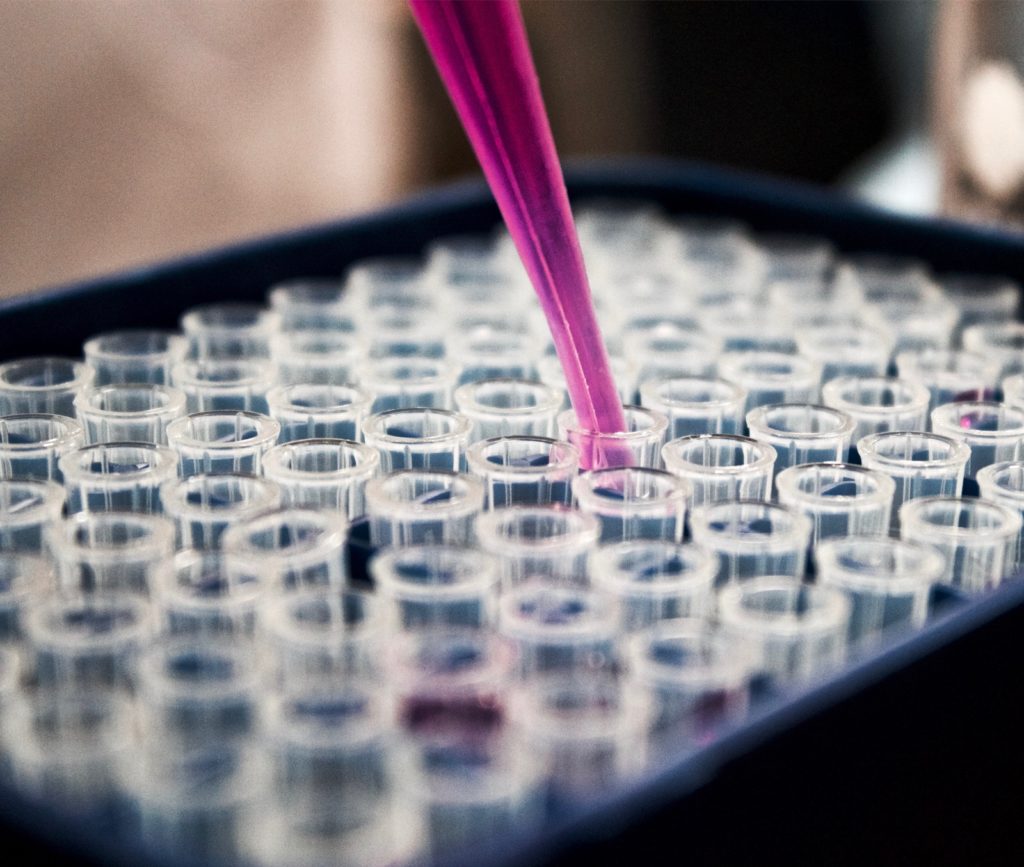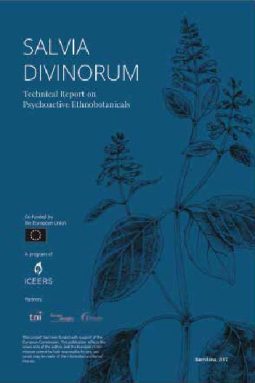ICEERS is collaborating with researchers from the University of São Paulo in Ribeirão Preto, Brazil, to carry out a clinical trial studying the tolerability and efficacy of ibogaine in the treatment of alcoholism.
Starting in early 2018, this study will be the first in a series of clinical trials by the team that aim to study the efficacy of ibogaine in the treatment of different types of addictions. The study is being led by principal investigator Dr. Rafael Guimarães dos Santos, along with senior investigator and study co-supervisor Dr. Jaime Hallak, and collaborator Dr. José Carlos Bouso, from ICEERS.
Approximately 5% of the world’s adult population has some alcohol-related disorder, which are associated with 3% of all deaths in the world. Currently available medications have some efficacy for treatment, but the adverse effects and relatively long length of treatment are factors that may reduce patients’ motivation to continue taking the medication correctly. Therefore, it is necessary to conduct research with new drugs for the treatment of alcoholism.
Ibogaine is an alkaloid present in the bush Tabernanthe iboga (iboga), a plant from Central Africa traditionally used in countries such as Gabon and Cameroon. This study will use semi-synthesized ibogaine from Voacanga africana.
Animal studies and case series suggest that one or a few doses of ibogaine significantly reduce withdrawal symptoms and the intensity of use of various drugs, including opioids, psychostimulants, and alcohol. However, there are no controlled clinical studies that have explored these effects, since all studies published until the present are case reports, case series, and open-label (no use of placebo) studies. Moreover, previous reports described the use of ibogaine mostly in non-medical settings or in private clinics, and setting descriptions were often vague, thus seriously limiting the generalization of the results.
Ibogaine for the treatment of alcoholism
This new study was designed to overcome these limitations. It will evaluate the safety, tolerability and efficacy of increasing doses of ibogaine in 12 alcoholic patients after they have passed their abstinence syndrome in a controlled hospital setting. The setting is the Psychiatric Unit of the Clinics Hospital of the Ribeirão Preto Medical School (HCFMRP), in the University of São Paulo (USP), Ribeirão Preto, Brazil. USP is the largest Brazilian public university and one of Latin America’s most prestigious. Furthermore, our study is receiving financial support by some of the most important Brazilian agencies supporting education and research, such as CNPq (National Council for Scientific and Technological Development) and and FAPESP (the São Paulo Research Foundation).
Importantly, previous reports used doses ranging from 6 to 29 mg/kg. In our study each patient will be hospitalized for 20 days for safety and tolerability evaluation, and will receive 3 increasing doses of ibogaine. The first 3 of the 12 patients will receive oral doses of 20 to 400 mg of ibogaine in an open-label design. If the 3 higher doses (240, 320 and 400 mg) are well tolerated, the next 9 volunteers will randomly be provided either these doses or placebos in a double-blind design. With this design we will observe the safety and tolerability of increasing doses of ibogaine and its possible efficacy. Volunteers will also be evaluated 7, 14 and 21 days and 1, 3, 6 and 12 months after leaving the hospital to monitor their consumption of alcohol and other drugs. Furthermore, this study will be the first to explore the possible effects of ibogaine on endocannabinoid, brain-derived neurotrophic factor (BDNF), and interleukin plasma levels.
To the best of our knowledge, this seems to be the only ibogaine study using the most rigorous methodology. If we find that ibogaine administered in these doses is safe and effective in reducing alcohol consumption, we are planning further trials with larger sample sizes. Moreover, in parallel to this alcoholism study in Brazil, we are preparing an additional clinical trial that will study ibogaine for the treatment of methadone dependence in Spain. Together, we hope these studies may answer our questions regarding the safety and efficacy of ibogaine to treat drug dependence.
Categories:
NEWS
, Iboga and ibogaine
, Iboga and ibogaine
, RESEARCH & INNOVATION
Tags:
ibogaine
, study
, alcoholism


